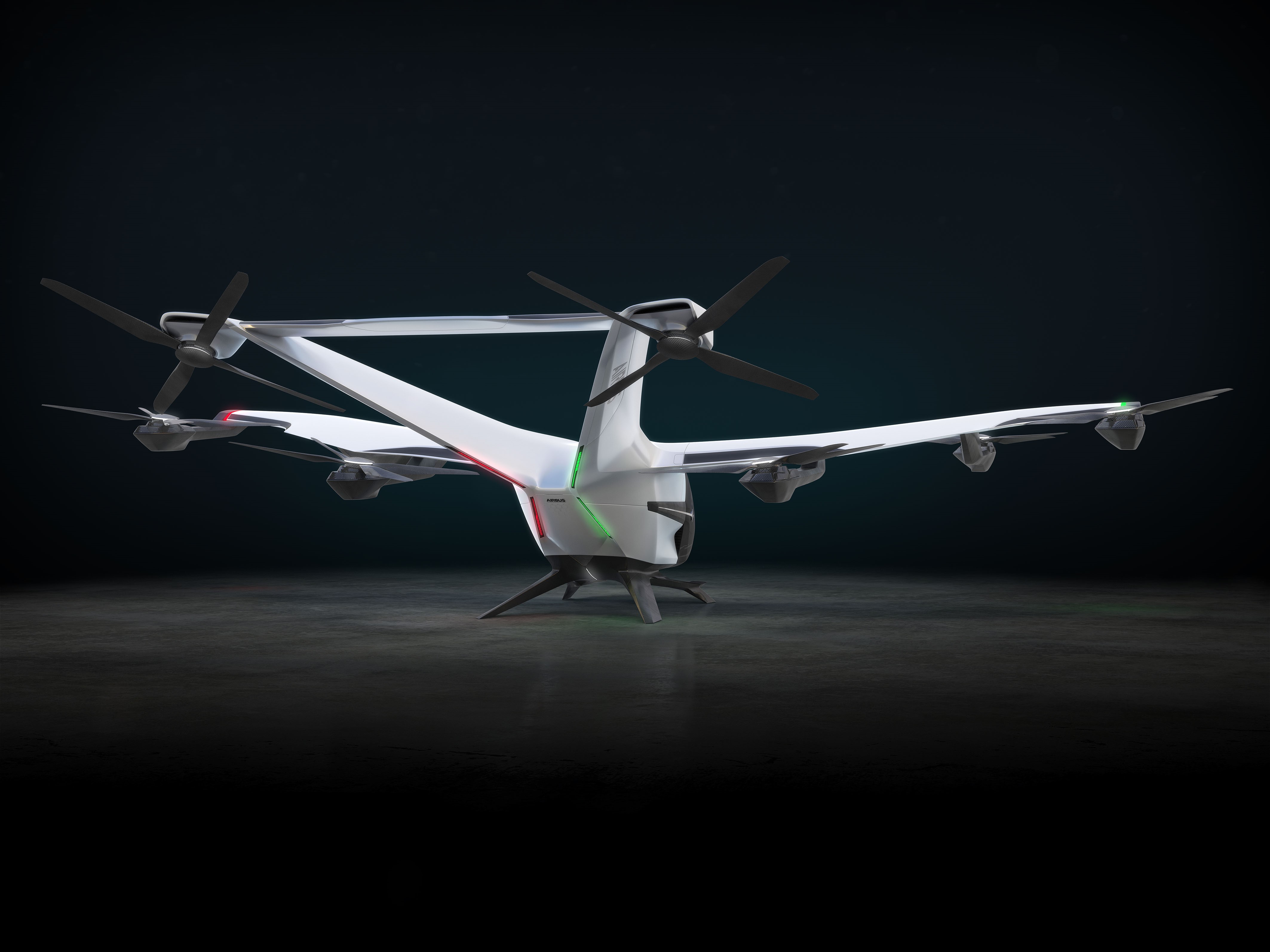Airbus selects KLK Motorsport and Modell- und Formenbau Blasius Gerg GmbH to develop rear structure of CityAirbus NextGen

Airbus is partnering with KLK Motorsport and Modell- und Formenbau Blasius Gerg GmbH to design, develop and manufacture the rear structure of CityAirbus NextGen. The companies will work together to develop an ultra-lightweight rear fuselage, which plays a key role in the airframe’s flight efficiency and which meets the high standards of reliability and performance for Airbus' electric vertical take-off and landing (eVTOL) prototype.
The two partners will design high-end composite solutions and components that will equip CityAirbus NextGen’s rear structure, through a collaborative framework that enables them to mutually benefit from each company’s competencies in design engineering and manufacturing processes.
Joerg Mueller, Head of Urban Air Mobility at Airbus, said: “The partnership with KLK Motorsport and Gerg GmbH will provide CityAirbus NextGen with a fully integrated, ultra-lightweight rear fuselage. Directly interacting with the center fuselage and the wing, the rear structure will leverage both suppliers’ expertise in homogeneous design for FormulaE and Formula One vehicles, while complying with the most stringent safety and reliability standards”.
KLK Motorsport and Gerg GmbH have been working on end-to-end composite design and manufacturing solutions for a number of years. This partnership to develop the rear structure of CityAirbus NextGen is a continuation of the work undertaken by both suppliers on Airbus’ high speed demonstrator Racer, for which KLK Motorsport and Gerg GmbH provided an innovative carbon fibre canopy, optimised for low aerodynamic draft and high visibility.
In September 2021, Airbus unveiled its eVTOL prototype CityAirbus NextGen, to explore advanced air mobility technologies and bring urban air mobility services to life. Over the past few months, the Company has selected partners for structural components of its prototype, such as Thales and Diehl, who will develop the aircraft’s flight control computers, or Spirit AeroSystems for its wings. Airbus is also working closely with industrial and institutional partners to lead the development of urban air mobility ecosystems, as recently announced with ITA Airways in Italy, or through the launch of the Air Mobility Initiative in Germany.




.jpg)




.png)

Comments
There are no comments yet for this item
Join the discussion